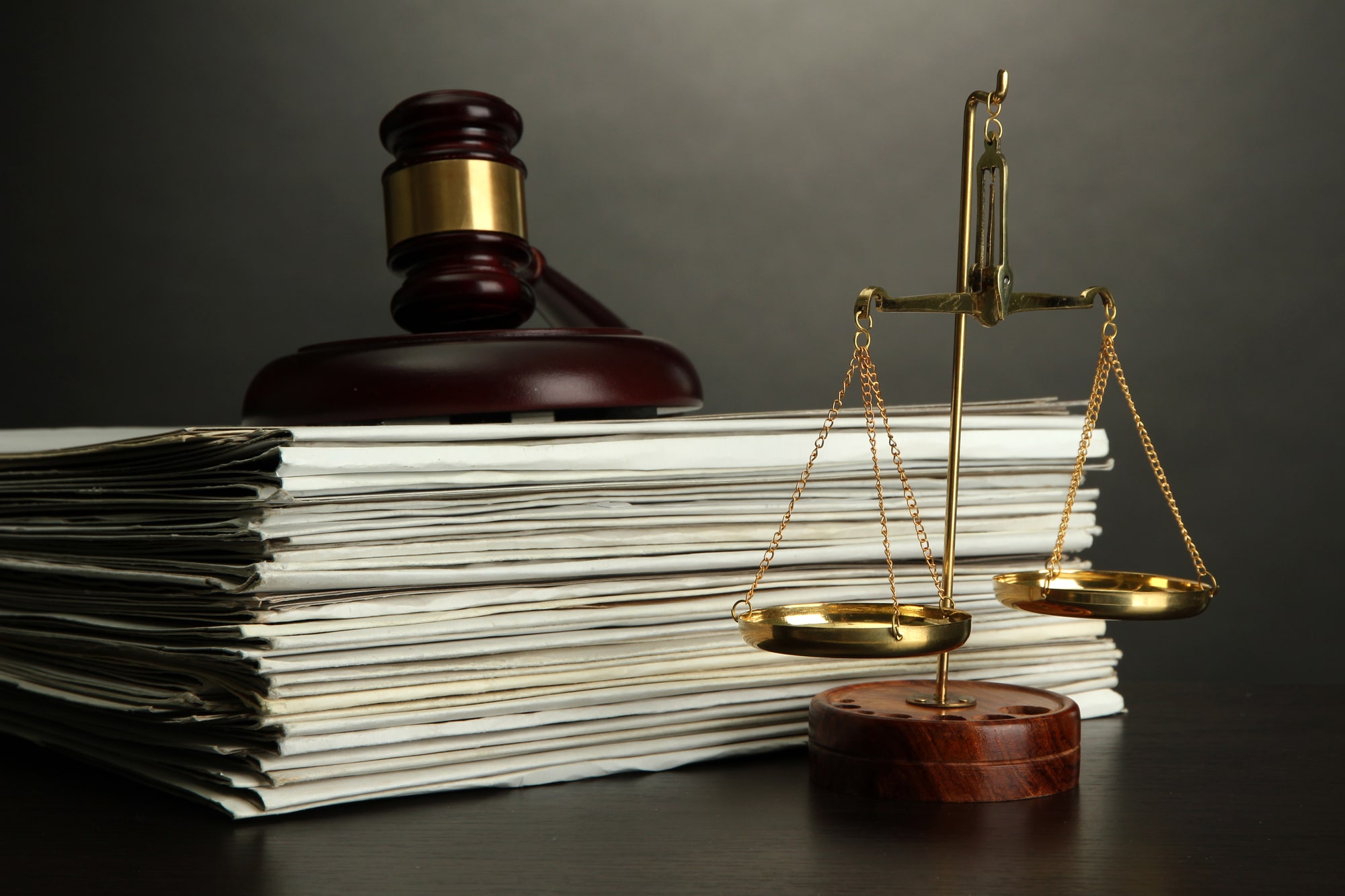The betrayal and trauma experienced when a teacher, who should be a figure of trust and guidance, commits sexual assault can leave deep emotional scars. Understanding how to cope with this trauma and knowing your rights and options are crucial first steps toward healing and seeking justice. Here is a comprehensive guide for survivors of such violations, emphasizing the importance of taking immediate actions, seeking support, and understanding legal avenues.
Immediate Actions To Consider
- Seek a Safe Environment: Your immediate safety is paramount. Ensure you are in a secure location away from the perpetrator. If you’re still in the educational institution, consider reaching out to a trusted staff member or administrator for immediate support.
- Medical Care Is Critical: Regardless of the presence of visible injuries, it’s important to visit a healthcare provider. They can offer necessary medical care, test for sexually transmitted infections, and conduct a forensic exam, commonly known as a “Rape Kit,” to collect evidence should you decide to pursue legal action.
- Preserve Any Evidence: If possible, keep any evidence intact. This includes not washing clothing worn during the incident and documenting any physical injuries. Evidence can be pivotal in legal proceedings against the perpetrator.
- To Report or Not: Reporting such an assault involves complex emotions and considerations, especially when the perpetrator is a teacher. It’s a personal decision, but remember, reporting can be a critical step in preventing further abuses and holding the perpetrator accountable.
Emotional Support And Counseling
- Reach Out for Support: Talking to someone you trust can be incredibly healing. This might be a friend, family member, or a confidential hotline for sexual assault survivors.
- Professional Counseling: Trauma can manifest in various ways. Consulting with a mental health professional specializing in trauma can provide the support and tools needed for recovery.
Legal Considerations
- Know Your Rights: You have the right to report the assault to law enforcement, pursue a civil lawsuit against the perpetrator, and possibly against the institution if it failed in its duty of care.
- Consult a Specialized Attorney: A molestation lawyer experienced in sexual assault cases, particularly those involving educators, can guide you through the legal process, help you understand your options, and advocate on your behalf.
- Confidentiality and Privacy: Your discussions with an attorney are confidential. They can help you navigate the complexities of the legal system while safeguarding your privacy and dignity.
Long-Term Recovery
- Healing Is a Personal Journey: Recovery from sexual assault is a deeply individual process. Allow yourself the time and space to heal, and be patient with your progress.
- Building Resilience: Engage in activities that bolster your well-being, such as exercise, art, or joining support groups. These can strengthen your emotional and mental health.
- Empowerment Through Advocacy: Some survivors find strength in advocacy or connecting with others who have faced similar experiences. This can be a powerful way to reclaim your voice and contribute to preventing future abuses.
Final Thoughts
Experiencing sexual assault by a teacher is a profound breach of trust, but it’s crucial to remember that you are not alone, and the assault is not your fault. There are avenues for support, healing, and justice. The law firm of Kellogg & Van Aken LLP is committed to assisting survivors of sexual assault by educators. We offer confidential consultations and are dedicated to navigating these challenging times with expertise and compassion. For more information or to schedule a consultation, please contact us.
Disclaimer: This blog post is for informational purposes only and does not constitute legal advice. Each situation is unique, and readers are advised to seek professional legal counsel for specific advice.

